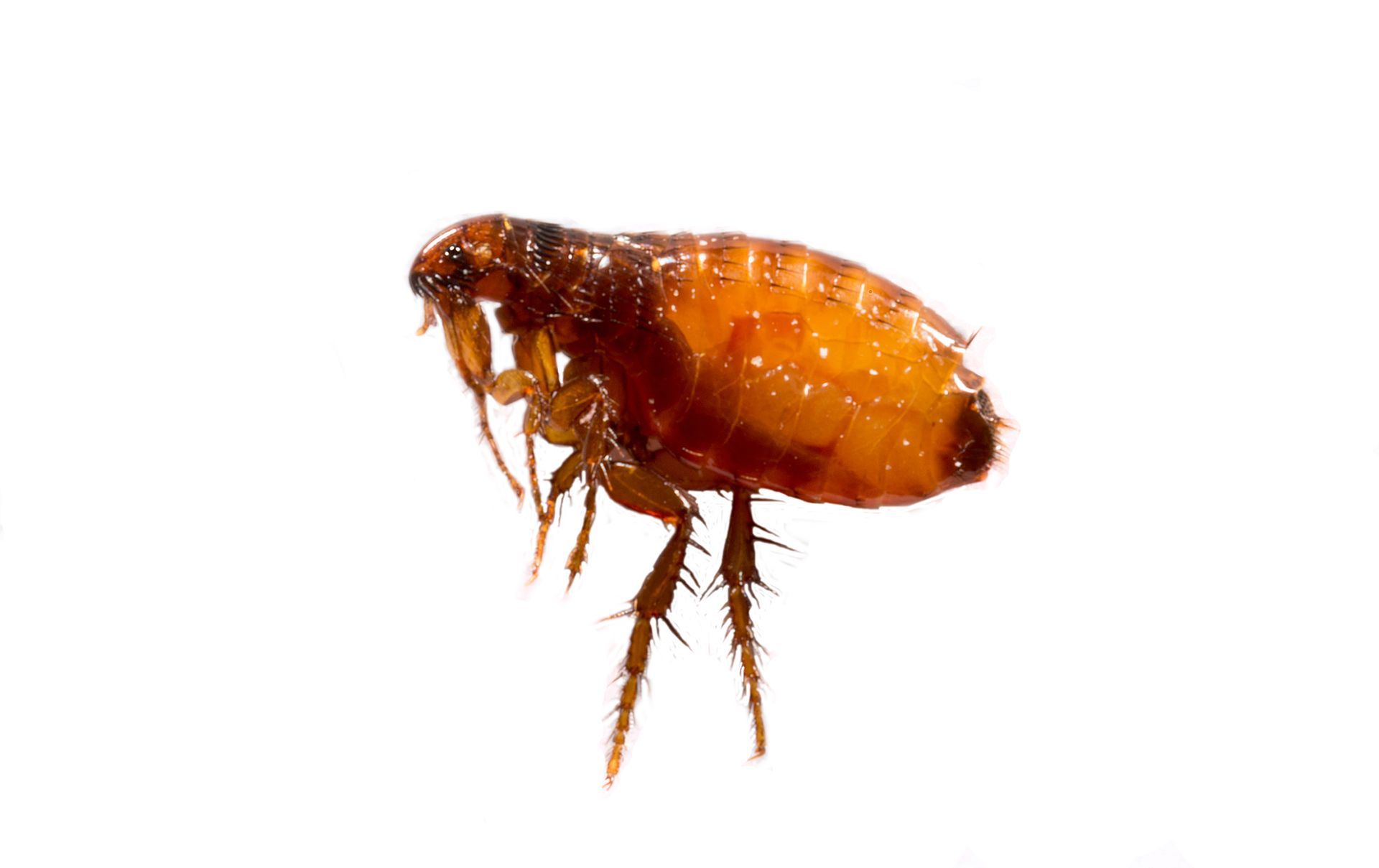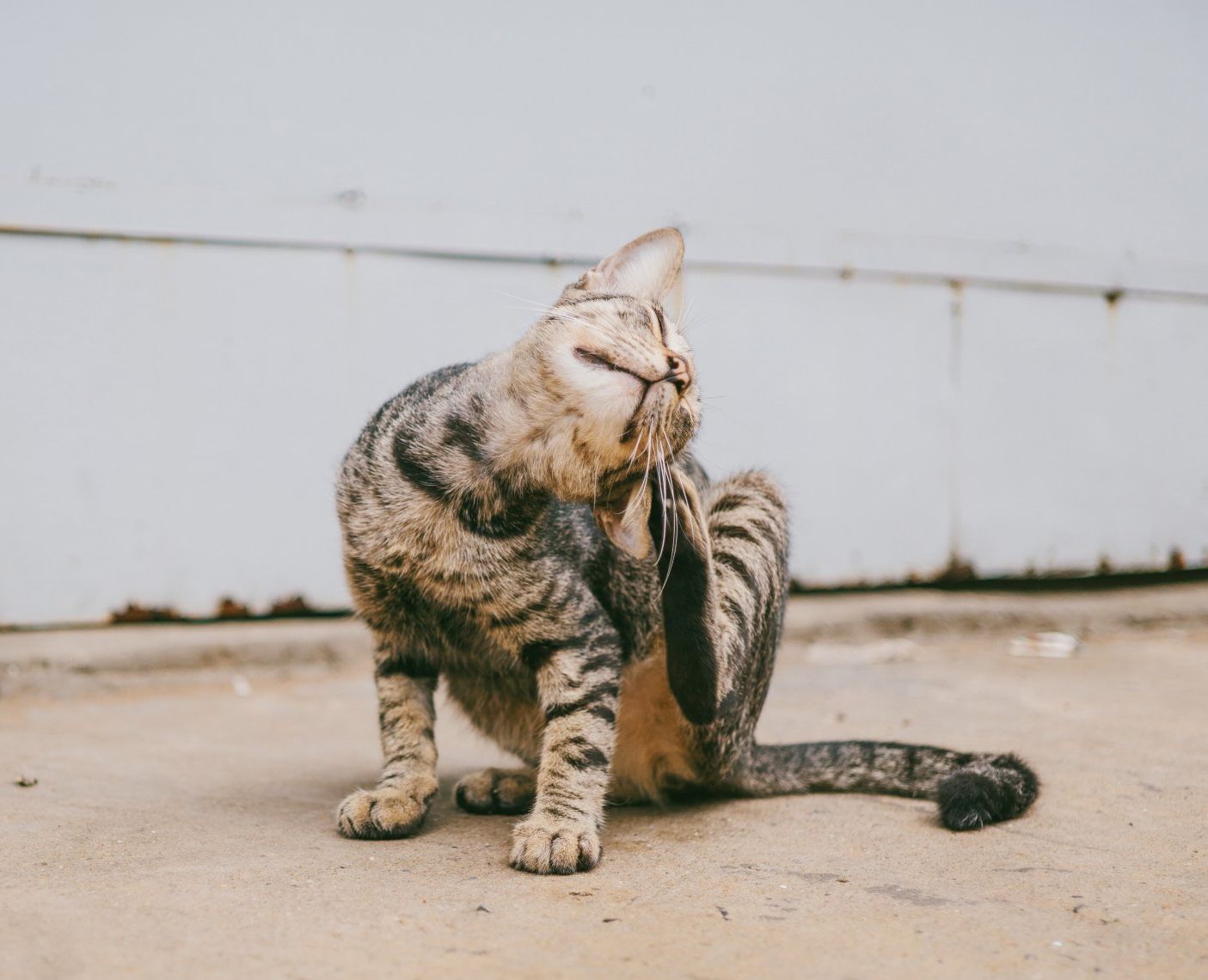FLEA EXTERMINATION AND CONTROL
FLEAS AND THEIR CONTROL
Get a free quote
Contact Us
We will get back to you as soon as possible.
Please try again later.
Concerned about Fleas?
Need immediate service?
We're available 24-hours a day, 7 days a week.
Professional Inspections

EFFECTIVE FLEA CONTROL
In fact, flea control is considered by most exterminators to be among the most challenging pest control jobs. Their tiny size allows them to hide in the smallest cracks and crevices. They also are able to hitchhike on pets (or people), thus spreading an infestation throughout an entire home. Finally, fleas are hardy insects that have developed resistance to many products used to control them.
In short, effective flea control requires a combination of a skilled pest control operator, the right application equipment, and state-of-the-art pest control products. Flea control is not a job for do-it-yourselfers.

PREPARING YOUR HOME FOR A FLEA CONTROL TREATMENT
More so than most other types of pest control, effective flea extermination requires a high level of cooperation from the consumer. Without customer cooperation, the chances of a successful flea control job go way down. So before the technician arrives, please be sure to:
Strip the beds and remove slipcovers from furniture. Wash them in detergent and the hottest water that the fabrics can stand. This also goes for slipcovers and pet beds.
Thoroughly vacuum the carpets, upholstered furniture, etc. If you've been thinking about getting them shampooed or steam-cleaned, this would be a good time to do it. (Just make sure to allow sufficient time for them to be completely dried before the treatment.)
As much as possible, remove all movable items from the floor to give our technician as unobstructed access as possible to the floors and carpeting.
Make an appointment to have your pets treated for fleas by a veterinarian or a professional pet groomer at the same time that we will be treating your home.
You will need to be out of the house for a few hours after after the treatment to allow any insecticides used to thoroughly dry. So make plans to find something to do. Go see a movie, maybe.
Quick & Reliable
We are available via email or telephone
Ready to become Pest Free?
Locations
Headquarters2720 S. St. Peters PkwySt. Peters, MO 63303
Servicing St. Charles, St. Louis, Jefferson Counties, Eastern Franklin County & City of St. Louis
Email
kristen@buckinghampestcontrol.com
Call
636-274-7400
All Rights Reserved | Buckingham Pest Control Inc

